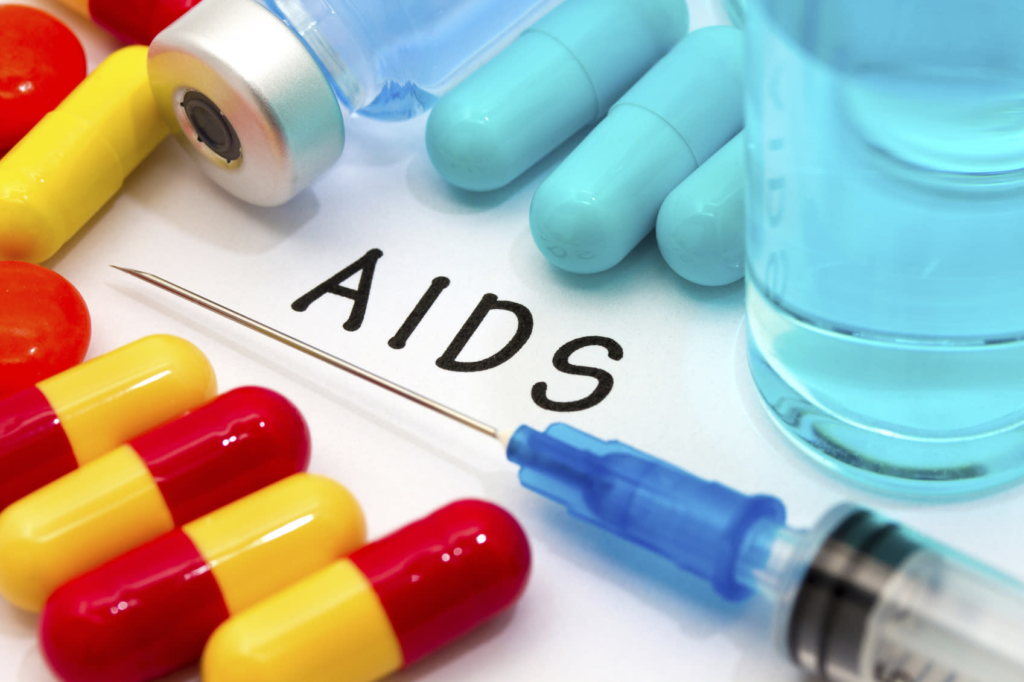
Managing HIV/AIDS pandemic among women shows the reality of the worrying growing pace of the HIV virus in young women aged 15-25 globally. HIV is a human immunodeficiency virus that if left untreated turns into a chronic acquired immunodeficiency syndrome (AIDS) in 8 to 10 years.
So, managing HIV/AIDS pandemic among women is crucial since women account for 59% of HIV infections in sub-Saharan Africa. This is the highest number of HIV in the world. For instance, for every 10 men living with HIV, there are 14 women living with the virus.
Why Are Women At Such High Risk?

The answer is partly biological, in that women are twice as likely as men to contract HIV during vaginal intercourse. This biological vulnerability is worsened by social and cultural factors that often undermine women’s ability to negotiate sex or condom use with a husband who may have extramarital partners. Some research indicates that married women are in fact more at risk for HIV than unmarried women.
Furthermore, economic and social inequalities factors are placing women at the epicenter of the HIV/AIDS crisis. So are other factors such as early forced marriage and gender-based violence place women and adolescent girls at increased risk of HIV infection.
Medical Diagnosis

HIV can be diagnosed through blood or saliva testing. Available tests include antigen/antibody tests, antibody tests, and nucleic acid tests. Talk to your healthcare provider about which HIV test is right for you. However, if any of these tests are negative, you may still need a follow-up test weeks to months later to confirm the results.
Treatment

Currently, there’s no cure for HIV/AIDS. Because once you have the infection, your body can’t get rid of it. But, there are many medications that can control HIV and prevent complications. These medications are called antiretroviral therapy (ART). Everyone diagnosed with HIV should be started on ART, regardless of their stage of infection or complications.
ART is usually a combination of two or more medications from several different drug classes. This approach has the best chance of lowering the amount of HIV in the blood. There are many ART options, taken once daily, that combine multiple HIV medications into one pill.
Promising Drug Development

These are promising drug development in injectable and pill formats that will help in managing HIV/AIDS pandemic among women
Cabenuva In 2021, the Food and Drug Administration (FDA) approved Cabenuva, which contains two different types of HIV drugs: cabotegravir and rilpivirine. You take it as an injection once a month or once every two months at your doctor’s office. It’s a much easier option for people who often forget to take their pills every day. This drug is approved only for persons who have achieved undetectable viruses on existing therapies.
Lenacapavir (Sunlenca) received FDA approval in late 2022 as the second injectable HIV medication. The drug could cut doctor visits down to twice a year. However, it’s approved only for persons whose virus has become resistant to other drugs.

Islatravir This drug is still in clinical trials. The weekly pill blocks a protein that helps the virus multiply. As a result, HIV levels in the body drop. It seems to work against some drug-resistant strains of HIV, too.

Treatment Side Effects

Treatment side effects can include:
- Nausea, vomiting, or diarrhea
- Heart disease
- Kidney and liver damage
- Weakened bones or bone loss
- Abnormal cholesterol levels
- Higher blood sugar
- Cognitive and emotional problems, as well as sleep problems
Healthy Lifestyle

Along with receiving medical treatment, it’s essential to take an active role in your own care. The following suggestions may help you stay healthy longer:
Eat healthy foods
Ensure you get enough nourishment. Fresh fruits and vegetables, whole grains, and lean protein will help support your immune system, keep you strong, and provide you with more energy.
Avoid raw meat, eggs, and more

Foodborne illnesses can be severe in people who are infected with HIV. So cook meat thoroughly. Stay away from unpasteurized dairy products, raw eggs, and raw seafood such as oysters, sushi, or sashimi.
Get the correct vaccinations
These may prevent typical infections such as pneumonia and influenza. Your doctor may also recommend other vaccinations, including for HPV, hepatitis A, and hepatitis B. Inactivated vaccines are generally safe. But most vaccines with live viruses are not, due to your weakened immune system.
Handle animals safely
Some animals may carry parasites that can cause infections in you if HIV-positive. As such wash hands thoroughly after handling pets or emptying the litter box.
Mind-body practices

Practices such as yoga, meditation, and massage help you relax, reduce stress and improve your quality of life.
Coping And Support

It’s crucial to have a support system due to the emotional, social, and financial effects of HIV/AIDS. Hence one of the ways of managing the HIV/AIDS pandemic among women is finding a support system. For instance, you can discover that talking to someone who understands your disease provides comfort. So, there are many services and resources available to people with HIV/AIDS. Most of these services have social workers, counselors, or nurses who can help you directly. Or put you in touch with people who can.
Conclusion

HIV treatment has come a long way. With daily medication, most people with HIV can live a normal life span. But unmet needs still remain. For example, some people forget to take their medicine every day. While others develop drug-resistant strains of HIV that make medications ineffective.
Fortunately, researchers continue to search for new and better HIV treatments that can fill these gaps in healthcare. But in the meantime, if you think you might have HIV infection, take steps to protect yourself and others. Most importantly avoid unprotected sex and illicit injection drugs,
https://www.mayoclinic.org/diseases-conditions/hiv-aids/diagnosis-treatment/drc-20373531#:
https://www.webmd.com/hiv-aids/new-hiv-treatments-development#

